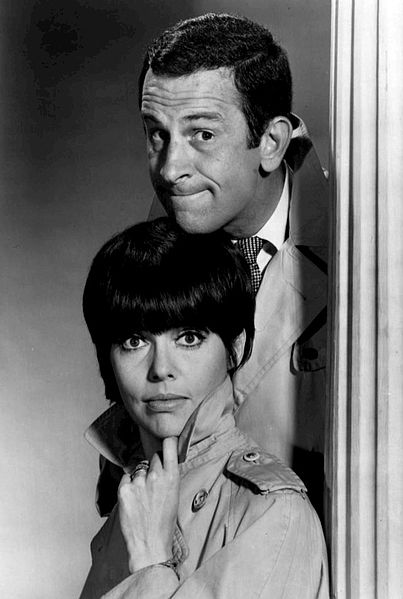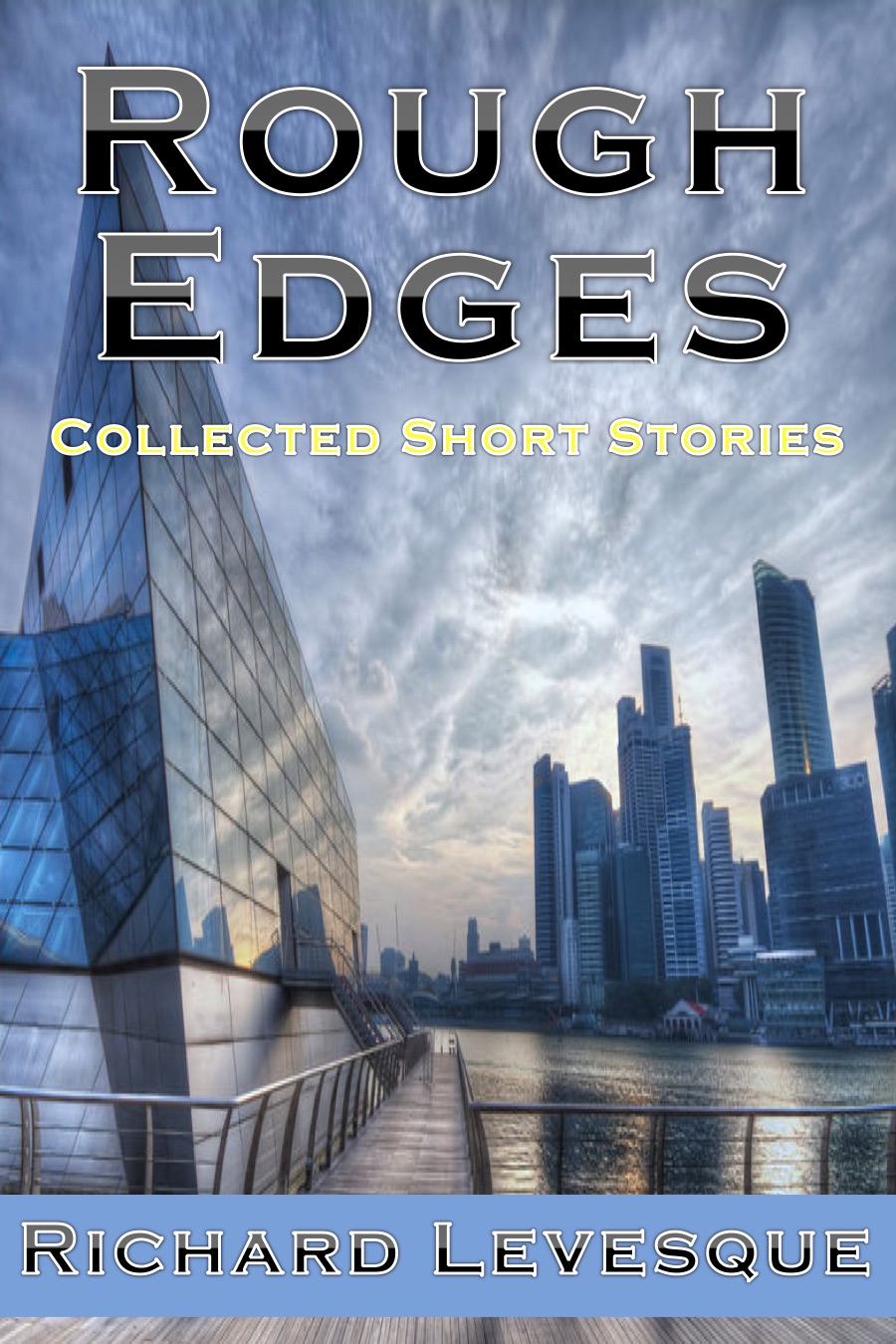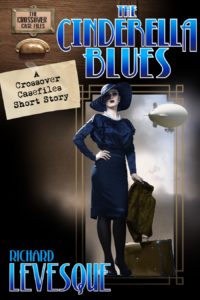Missed It By That Much: Rejection Indie Style
It’s a Get Smart reference–by which I’m dating myself. That’s okay. There are worse things.
For those not in the know, super agent Maxwell Smart would drop the catch phrase, “Missed it by that much,” after failing at some almost awesome move in the old spy satire TV series. He was blissfully unaware of what a buffoon he was, mainly because he kept defeating his slightly more buffoonish enemies at every turn.
The old catch phrase popped into my head yesterday when I received my latest rejection letter.
It’s nothing new. I’ve been getting publishers’ rejections for more than 20 years now. And agents’ rejections. And editors’ rejections. Like Eddie Royce, the pulp science fiction writer in Take Back Tomorrow, I’ve come to look for that first negative word in the publisher’s response, the one that sets the tone for what follows. Yesterday it was “unfortunately,” but sometimes it’s “sorry” or “regret.” They’ve almost always been polite and almost always end with encouragement as well as some indication that the rejection wasn’t anything personal; often, there’s a phrase about the manuscript somehow “not fitting” in with the publication schedule, the rest of the list, etc.
Rejection is never easy, but I’ve gotten hardened to it. It doesn’t tear me up the way it used to, partly because I’ve also received some acceptances (from magazines rather than book publishers, but a thumb’s up is a thumb’s up no matter how you look at it). And I’ve also gotten some real approval from the new gatekeepers of the indie publishing revolution–the readers who’ve given me lots of 4 and 5 star reviews, enthusiastic emails, and a definite feeling of validation. The publishers who passed on my work may not have been wrong–my books very well may not have matched their needs. But then again, the readers who’ve found my books and thoroughly enjoyed them are proof that people other than editors value my writing. My kind of success may not be enough to finance an editor’s or agent’s lifestyle, but it’s getting the job done as I define it.
So why did I subject myself to one more round of rejection when I’ve already hung up my “Indie Author” shingle? Old habits die hard, I suppose. With three books independently published by last November, I saw a notice that a small but respectable press was opening its e-book line to unagented authors. I had a manuscript that I’d been sitting on for a little while, and it fit the description of what they were looking for, so I sent it in. If they passed on it, I’d go the KDP route as I had with my other books. No harm, no foul. Right?
The 4-month reading period came to an end and I hadn’t heard anything. So I let a few weeks go by before emailing and got a nice reply–the book had made it past the first reader and was on to the second. If both readers agreed, the book would go on to the editors. Another month went by, and then another. More polite queries followed and more polite answers came back. The book had made it past the second reader and was waiting for the editors to decide. It was hard not to feel hopeful in the face of those little victories, but I knew not to get too excited about the possibilities. Finally, after seven months, the decision came…with that “unfortunately” coming along a couple of sentences in.
So it goes.
What would acceptance have meant for me? A bump in sales for my books? Probably (wouldn’t take much). An increase in my fan base? Maybe. Some money? Yes, but probably not a life changing amount. Validation? Yes, but more valuable than what I already get from my readers? Not necessarily.
I’m pretty sure it would have meant giving up some control–of editing, marketing, cover design, and other things I can’t even imagine.
But here’s what it really would have meant: fantasy fulfillment. The dream I’ve had for more years than I care to count would actually have come true. It’s the same carrot that was dangled in front of me in the days when I had an agent and my books were sent out to (and rejected by) the Big 6 and lots of the little publishers, too.
I can’t let myself look at it that way, though. If I think of my books as rejected, as also-rans, as not-quite-good-enough, it’s terrible. If I walk through Barnes and Noble and look at the shelves as being full of accepted books, it’s like running a gauntlet, like telling myself those other writers grabbed the brass ring and I’m still going in circles. That’s the wrong way to look at it, though. Instead, I have to think of the validation I have received and view my books simply as being in a separate category.
I’ve heard it said that rejection is good for writers, that it forces them to write better, to push themselves and find ways to make their writing stronger. I think this is true, especially of beginning writers. I know rejection has pushed my growth as a writer. But in the case of this latest rejection, I know the manuscript didn’t get the axe because it’s not good enough. It is a good book. The first and second readers felt that way about it, meaning other writers who started the process at the same time got their rejections a long time before I did. And the editors liked it, just not as much as they liked some others. Or, should I say, they saw other books as having greater potential to help their publishing house continue to do well. Mine? Not so much.
So, from where I sit, that’s a victory.
Maxwell Smart kept missing the bad guy, but CONTROL beat KAOS in every episode, and Max got the girl, too. Maybe I haven’t been missing my target all these years, but rather just aiming at the wrong one.
Barnes and Noble eddie royce Get Smart indie publishing publishing rejection Take Back Tomorrow Writing








2 Responses
The brass ring will be yours! I am a believer!
[…] Levesque presents Missed It By That Much: Rejection Indie Style posted at Richard Levesque, saying, “I’ve heard it said that rejection is good for writers, […]
Comments are closed.